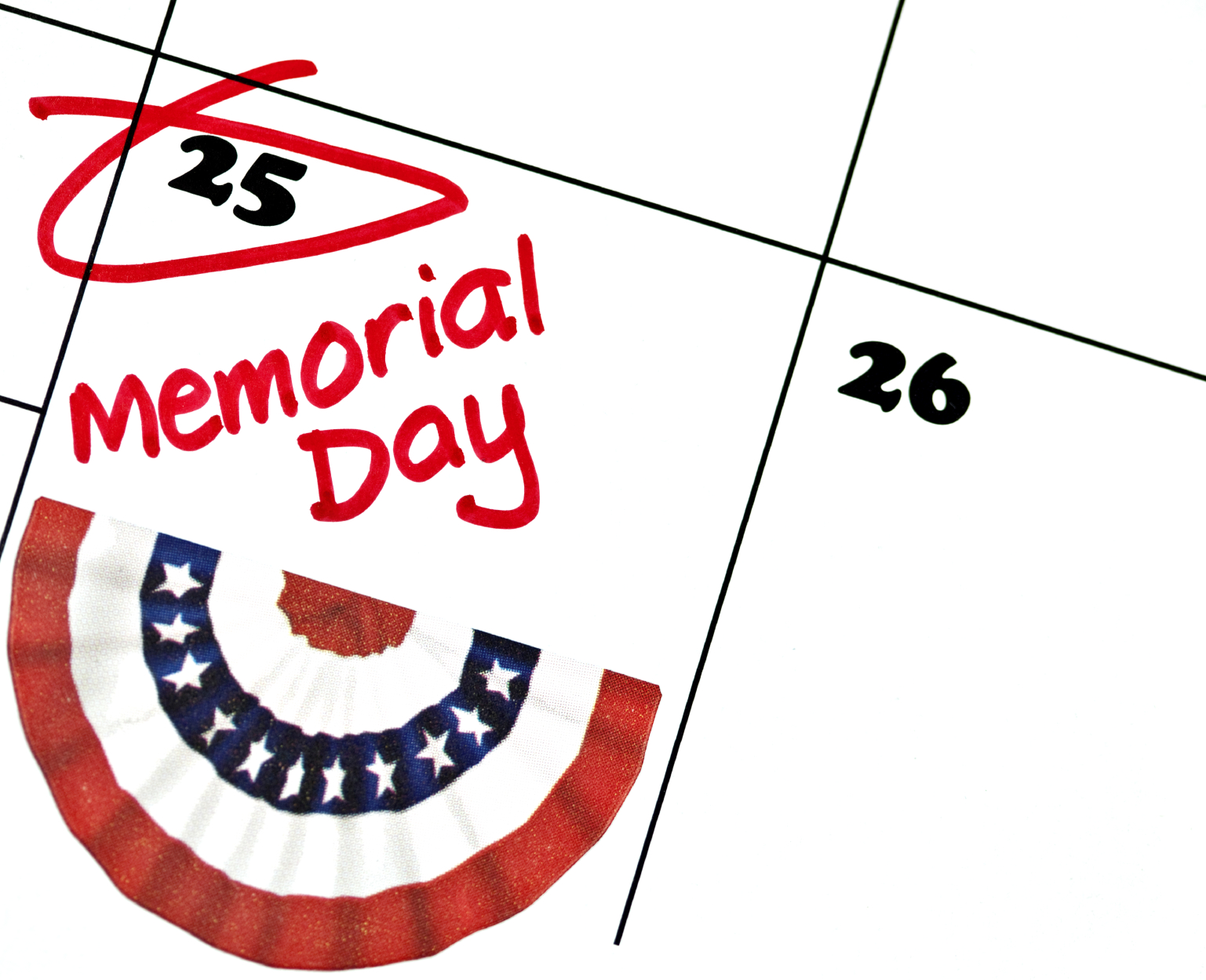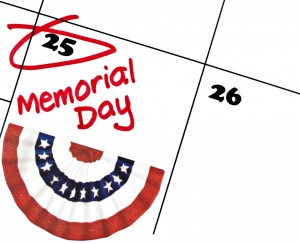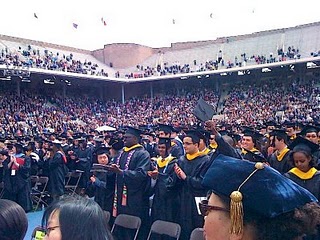Dr. Joseph Barber

1) Your resume is actually bigger on the inside than it looks from the outside. What? Well…, ok, all I mean is that the way you describe your experiences and knowledge by using specific illustrations of your skills in action achieving tangible outcomes will make even a 1-page resume feel like it is chock-full of relevant information. Your resume won’t contain any swimming pools, though.
2) You can’t actually regenerate – and so don’t try, but you can and should talk about your experiences in a different way when applying to different positions. There is no one-size-fits-all resume that will work for two different jobs, even if they are in the same industry (e.g., pharmaceutical industry jobs, consulting). The more time you can take tailoring your resume and cover letter (and even your academic CV to a certain extent), the better you will be able to convince an employer that your experiences are a good fit for their requirements.

3) If you spend too much time by yourself, you will end up talking to yourself. If you spend too much time looking at your own resume, your brain will begin to tune out, and you will start to miss those small errors that can creep in. Additionally, sometimes we can find it hard to think about the range of different skills we have used in different experiences – we get so used to talking about ourselves in one way that we can forget that we do actually have a bunch of transferable skills that are applicable to many jobs. Come to Career Services to get a critique of your resume, and you’ll find this fresh perspective to be helpful.
4) Time travel is actually quite hard, and rarely goes exactly according to plan. This means that you can’t go back and change your past – that really never works out well in the future anyway. For example, back in the past you may have started a PhD thinking you wanted to be a professor, but in the present you may have decided not to take the academic career path. Make use of your time at Penn to gain a wide range of different experiences to explore your options, take some courses outside of your subject, join and actively participate in some student/postdoc groups. Make sure you also have a convincing narrative as to why you are seeking the jobs you are applying to. Note: no employer wants to hear: “I realized I didn’t want to be a professor, and so I decided to apply for this job”. This isn’t a convincing reason why someone should hire you. Talk about what you gained from your academic and non-academic experiences, and how you can use your skills and abilities in a way that would make you an ideal candidate for the jobs you are interested in.

5) For someone with an identity problem, the Doctor has a rather extensive network of contacts. True, it is easier to make contacts when you own a small blue box that is bigger on the inside than the outside, and travels across time and space…, and when you are 900 or so years old/young. However, with a bit of courageous outreach to your own list contacts, and good use of social networking platforms like LinkedIn and Academia.edu, you’ll find that you can soon generate a comparable network – relatively speaking (which when talking about relativity can get very confusing). Don’t leave it up to chance, though. Set aside some time each week or month to connect with new people who might be doing jobs you are interested in, or to get back in contact with former colleagues, supervisors, and advisors. Networking is about building and maintaining meaningful connections with people over time…, wherever or whenever that time is!










